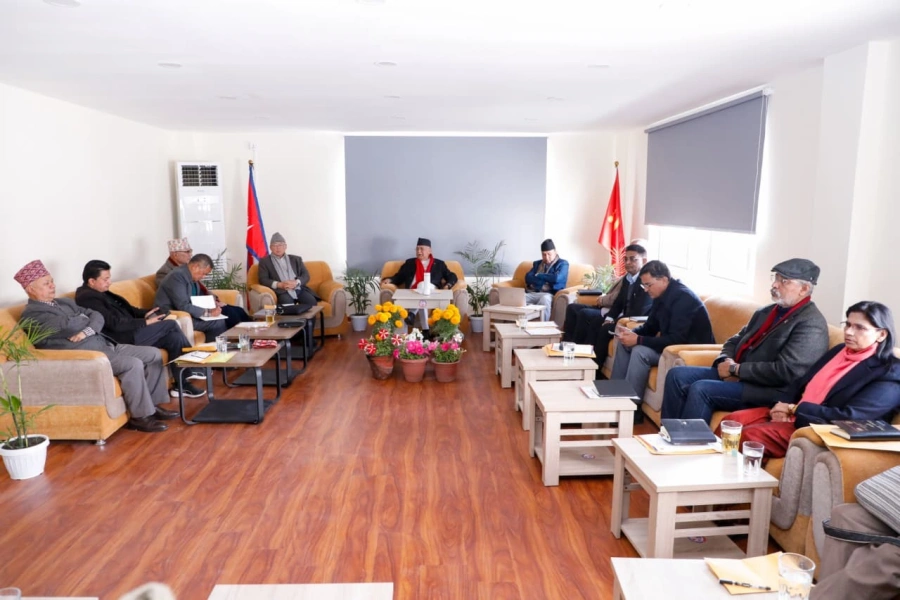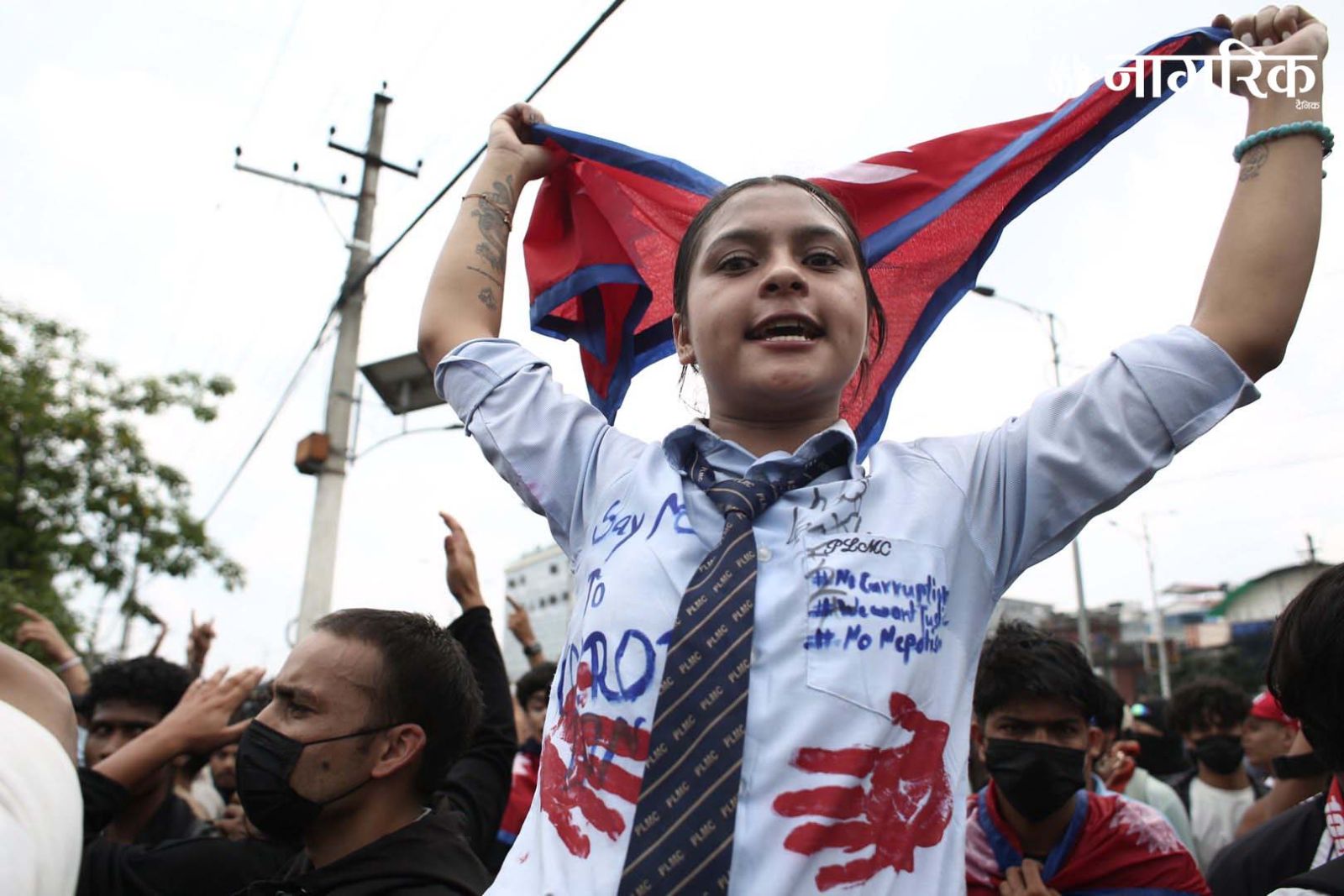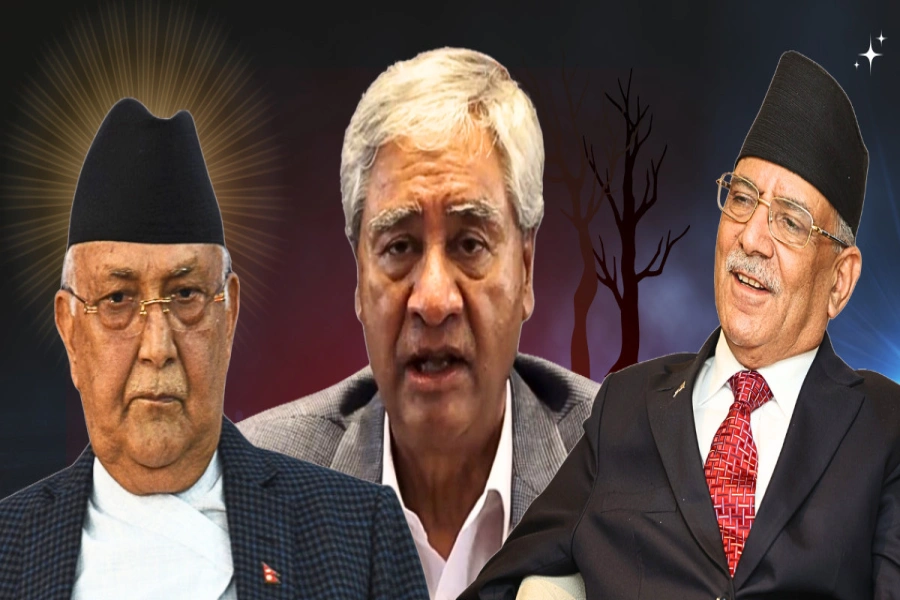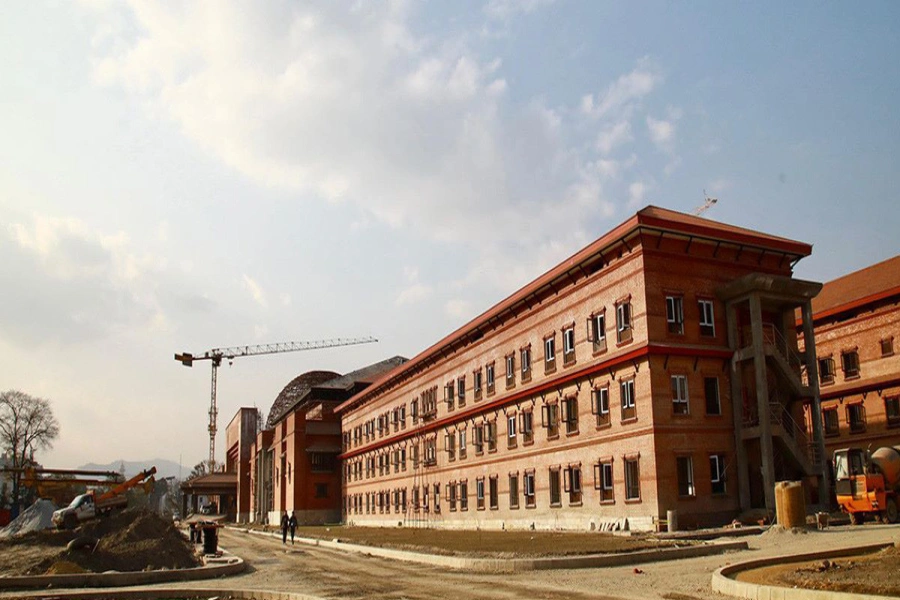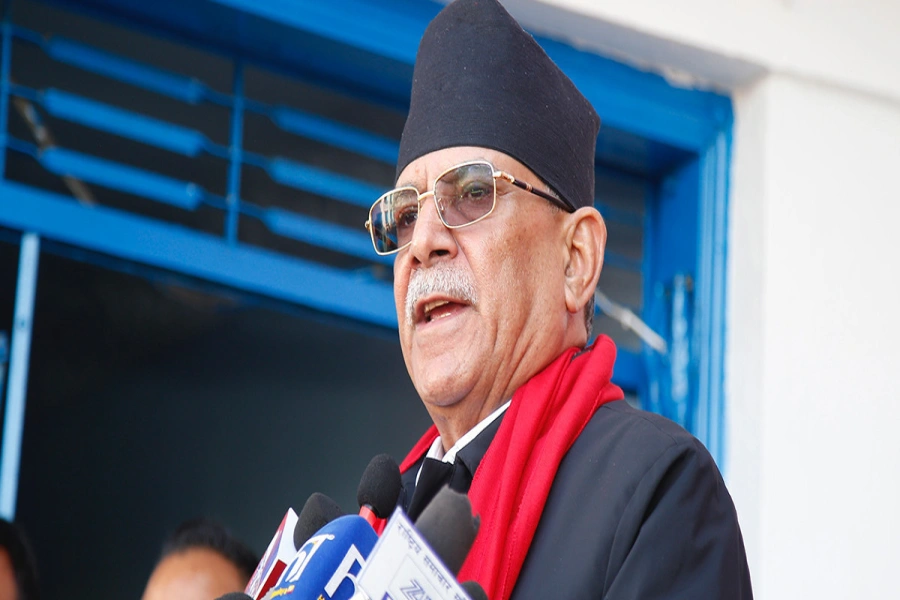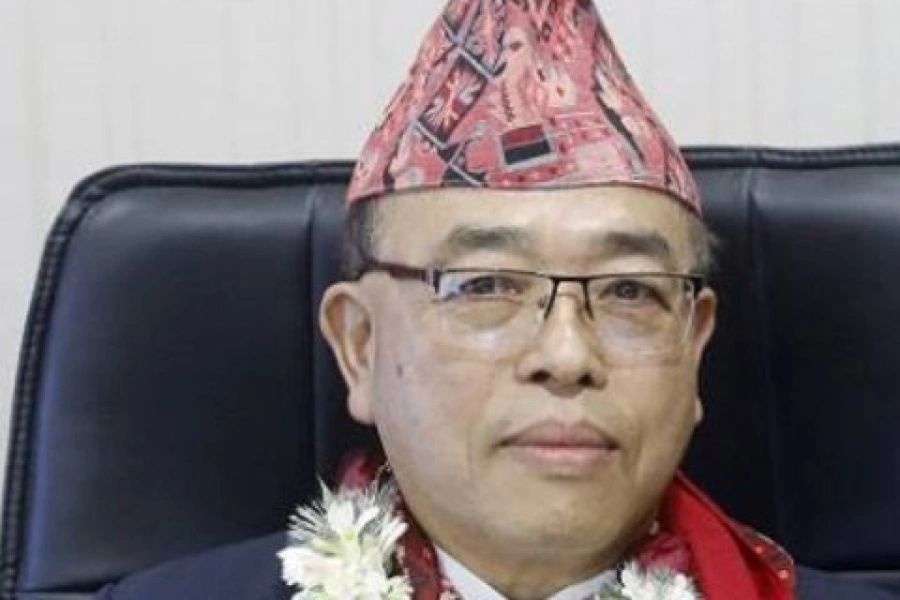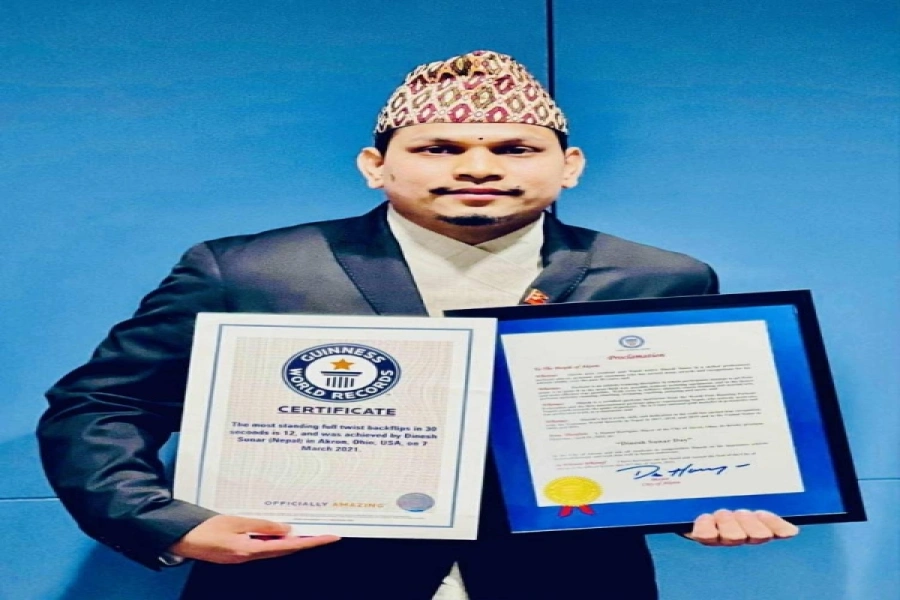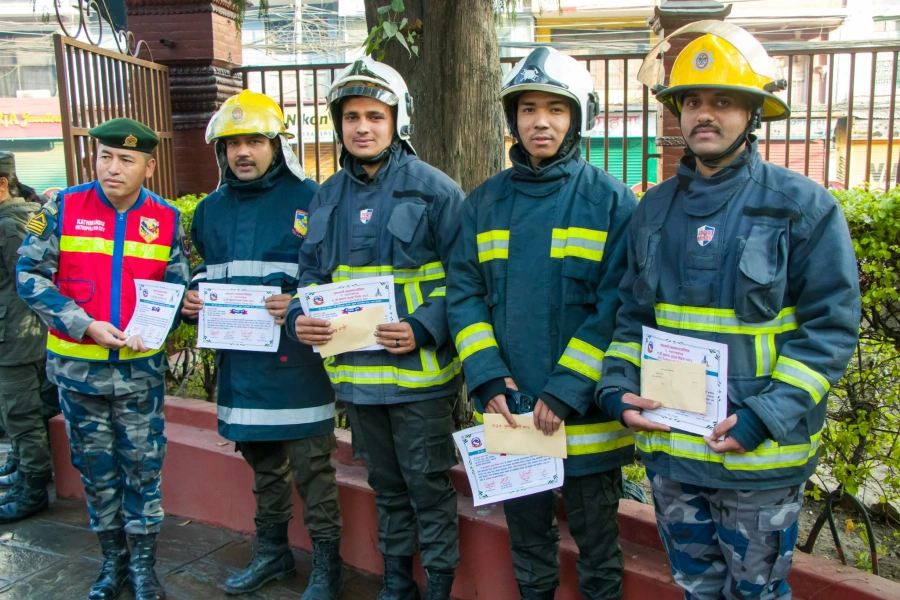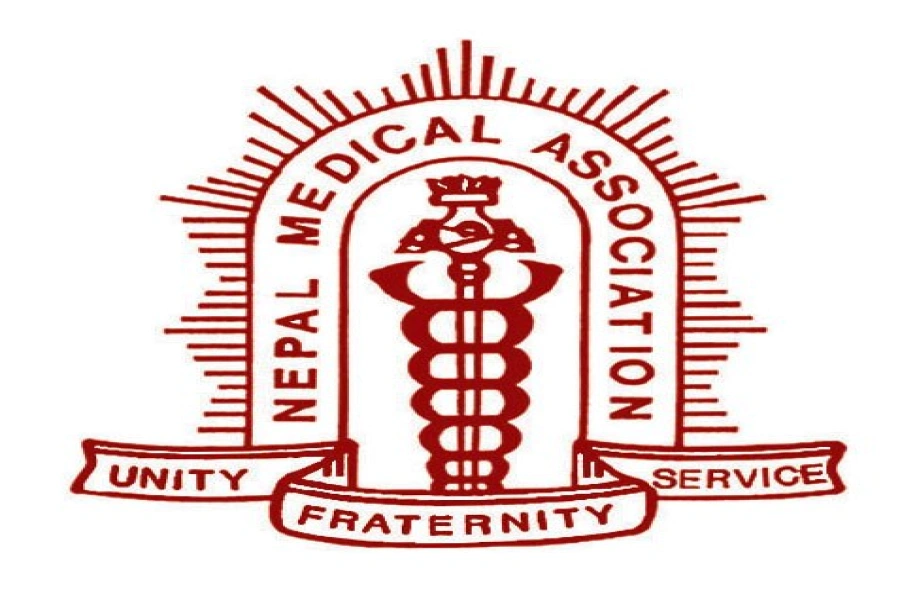The open border stands as a testament to the centuries-old relationship between Nepal and India. It has facilitated cross-border trade, cultural exchange, and family ties. While it has played a significant role in strengthening bilateral relations, its misuse has led to rising concerns—especially in the form of drug trafficking, family breakdowns, and growing social problems. Drug smuggling and related criminal activities have become shared challenges, deeply affecting communities along the border. Data from the Nepal Police’s Narcotics Control Bureau sheds light on the alarming scale of drug trade and abuse. In the Fiscal Year 2024/25 alone, 1,132 drug-related cases were registered and 1,675 individuals arrested. Authorities seized hundreds of thousands of ampoules, as well as large quantities of hashish, heroin, opium, cocaine and tramadol. The expanding trafficking network, stretching from Thailand through India, is increasingly turning Nepal into a transit hub for narcotics. Although official records estimate around 150,000 drug users in Nepal, experts believe the actual figure could be far higher. Anti-drug campaigner Basanta Raj Kunwar estimates the real number to be between 700,000 and 1 million. This suggests that drug abuse is spreading like wildfire through Nepali society. The impact is not limited to individual users—it tears families apart, traumatizes children, fuels gender-based violence and escalates crime. Young people, in particular, are vulnerable, often committing crimes such as theft, robbery, rape and assault under the influence of narcotics. Drug addiction has thus become not just a public health issue but a root cause of social decay.
Future

As officials note, substances like brown sugar and pharmaceutical drugs are commonly abused in Nepal. These drugs are cheaply available in Indian markets and are smuggled easily across the open border. Despite aggressive efforts by the police, full control remains elusive. The police alone cannot solve this growing crisis. Underlying issues such as unemployment, low self-esteem, future uncertainty, mental health problems and social inequality are pushing youth toward substance abuse. Psychosocial counsellors have found that young people overwhelmed by despair are more prone to drug use. That’s why it's essential to approach life’s challenges calmly and choose a healthier path forward rather than resorting to drugs. To tackle this crisis, all stakeholders must step up efforts. When drug abuse becomes widespread in a society, it signals a deeper structural issue. The critical question is: how can we protect adolescents from ever falling into this trap? The government must craft and enforce a clear and comprehensive prevention policy. It is not enough to treat the problem after it arises—proactive measures are needed to stop it at the source. Drug education should begin at the school level. While such campaigns have long been in place in other countries, Nepal’s initiatives have remained sporadic and largely ineffective.
In this regard, parents and teachers must play a proactive role. It is also high time that colleges and workplaces offered free psychosocial counselling services. These services not only help resolve emotional distress but also support individuals seeking to break free from addiction. At the community level, strong social vigilance is equally important. When misuse is detected, responsible citizens should step forward and help initiate the recovery process. Those trapped in addiction become a burden on their families and a threat to society. Their loved ones suffer immensely. The only way to prevent such suffering is to keep people—especially youth—away from narcotics. Drug traffickers will stop at nothing to infiltrate society, which is why strict legal action must also be part of the solution. Several countries have taken strong measures to break free from the grip of narcotics. Nepal, too, must learn from their examples. Now is the time for community leaders, religious organisations, women’s groups, youth clubs, teacher associations, journalists, health professionals and all concerned citizens to unite in the mission to build a drug-free society. Only then can we achieve a truly civilised and safe nation. A society guided by drug-free individuals is one that can move forward with strength and clarity. Let us remain alert, vigilant and committed to this cause.




